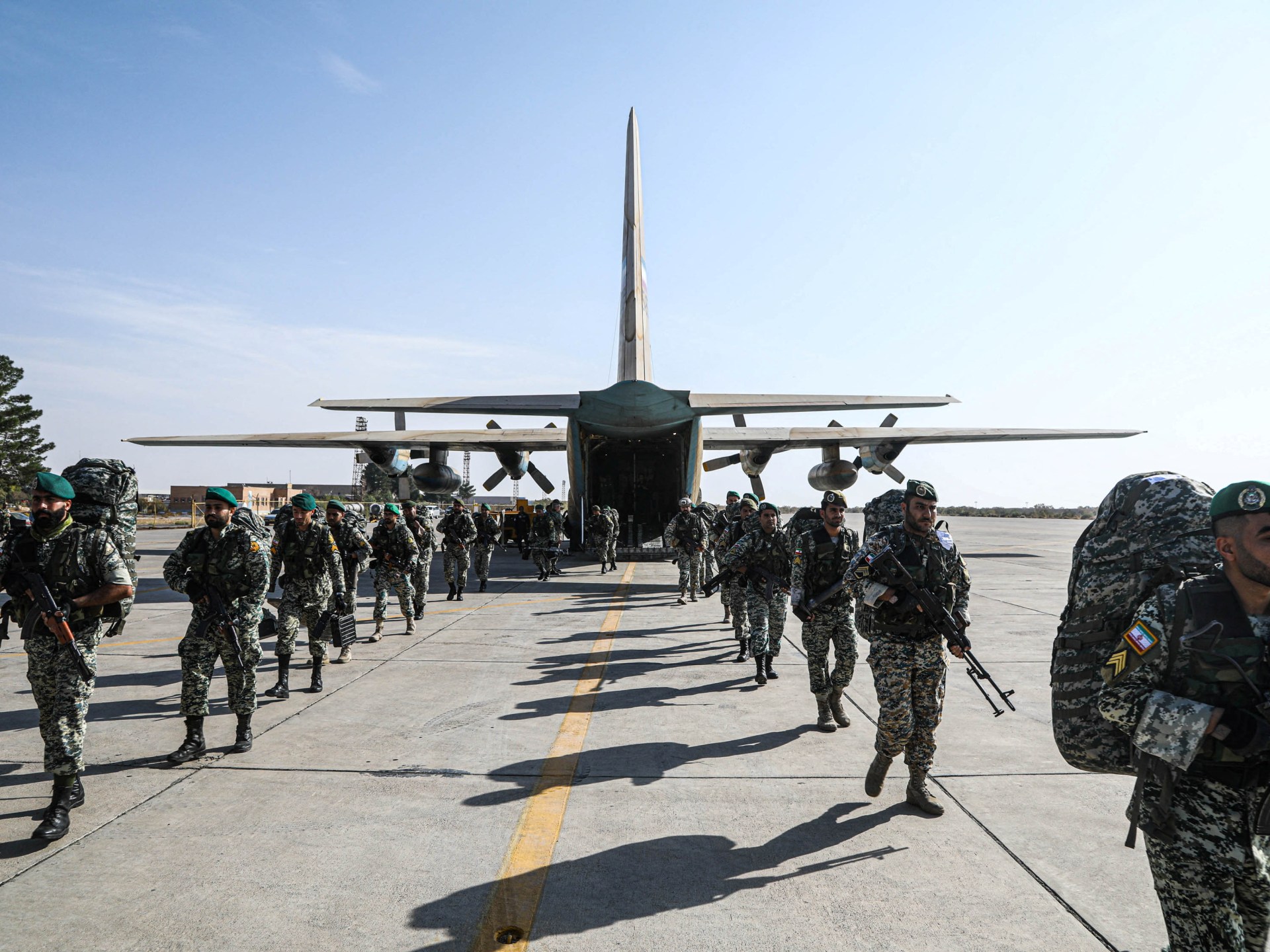Media
SFU's community isn't just on social media – The Peak
by Victor Tran, SFU Student
The Internet allows for the SFU community to remain connected no matter the distance. However, comment sections on SFU social media groups are filled with hateful and argumentative comments that contribute nothing to the issue at hand. Instead of participating in social media comment sections this way, SFU students should direct that time and effort towards realistic actions in order to make changes.
But first, we have to understand why Internet rage is a real phenomenon. There are two main reasons for it: anonymity and deindividuation. Since the Internet allows for anonymity, web users are more prone to composing angry or hate-filled comments from a lack of perceived responsibility. This leads to the phenomenon called deindividuation, where “social norms are withdrawn because identities are concealed.” Additionally, we cannot ignore the fact that the pandemic contributes to this issue. The negativity accumulated from not being able to interact with others has a role in raging on the Internet. This is because people have limited options to express these negative feelings because some ways of interacting socially are no longer safe. What is even worse is that the Internet is one of the only ways to reach out to people during the pandemic. So how do we make use of all these energies?
Students would be better off taking constructive action on controversial SFU issues by looking for alternative outlets. These actions would benefit students’ mental health and overall lifestyle. It has been shown that rage can hurt our health; more participation with Internet rage, doesn’t help this. The Internet filled with argumentative posts, negative comments, and provocative headlines tends to encourage people to also participate in these kinds of activities. This immensely affects Internet users’ productivity as most of their time is spent arguing on the web. Yet, constructive actions can solve both of these issues.
For example, joining a student union can not only provide career benefits, but mental ones as well. Becoming a part of a student union means that students are no longer anonymous, eliminating the first cause of Internet rage. Acting on our words in a student union also means that we are dealing with real issues face-to-face with people, requiring greater responsibility. Taking on greater responsibility can lead a student to be more motivated to make relevant changes. This ultimately takes time away from participating on the Internet, increasing both our productivity and mental health state. Putting in effort to make changes means that we take real action instead of spewing pointless words; we solve the issues instead of pushing the issues deeper by endlessly continuing irrelevant online arguments.
Yet, we also have to understand that Internet rage is a real emotion that comes from real people. These arguments can be filled with aggressive emotions because they stem from real experience. Comments with the sentiment “stop being angry” are common in rebuttals, which absolutely does nothing to cool down arguments and denies the validity of commenters’ feelings. However, social media is not the only way that we can make use of our negative emotions or interact with people. There are better alternatives for online interactions which offer benefits for productivity and mental health.
Internet rage is a real thing but it is not inevitable. In order to create a healthy and productive SFU community, students should attempt to take a step back and evaluate how they spend their time and effort, which can instead be invested in taking constructive action.
Media
DJT Stock Rises. Trump Media CEO Alleges Potential Market Manipulation. – Barron's
[unable to retrieve full-text content]
DJT Stock Rises. Trump Media CEO Alleges Potential Market Manipulation. Barron’s





Source link
Media
DJT Stock Rises. Trump Media CEO Alleges Potential Market Manipulation. – Barron's
[unable to retrieve full-text content]
DJT Stock Rises. Trump Media CEO Alleges Potential Market Manipulation. Barron’s





Source link
Media
Three drones downed after explosions heard in Iran’s Isfahan: State media – Al Jazeera English


Iran’s air defences have brought down three small drones over the central city of Isfahan, state media reported, hours after United States broadcasters, quoting senior US officials, said Israeli missiles had hit an Iranian site.
Iranian state television reported explosions in Isfahan as air defences were activated and flights across several areas, including the capital, Tehran, and Isfahan, were suspended.
Airspace was reopened about four and a half hours after the incident and there were no reports of casualties.
Second Brigadier General Siavash Mihandoust, the top military official in Isfahan, told state media that air defence batteries hit “a suspicious object” and there was no damage.
ABC News and CBS News had reported earlier that Israel had carried out a military operation in Iran.
Italy’s Foreign Minister Antonio Tajani said the US told the Group of Seven (G7) foreign ministers that it had been “informed at the last minute” by Israel about an attack on Iran.
“But there was no sharing of the attack by the US. It was a mere information,” Tajani told reporters in Capri, Italy, where the G7 ministers met.
However, US Secretary of State Antony Blinken refused to confirm reports about the Israeli attack, during a news conference in Capri.
“I’m not going to speak to that, except to say that the United States has not been involved in any offensive operation,” Blinken said.
The top US diplomat said the G7’s focus is on de-escalation. Asked to describe the current US-Israel relationship, Blinken noted that Israel makes its own decisions, but the US is committed to its security.
Iranian media said no strikes were launched on Iran from outside the country, and the attack was believed to have been carried out using small quadcopters that would have to have been launched from inside Iran.
Reporting from Tehran, Al Jazeera’s Dorsa Jabbari said Iranian media were downplaying the incident.
“The location in Isfahan province is an Iranian military airbase that belongs to the country’s army, and not the Revolutionary Guards [Islamic Revolutionary Guard Corps, IRGC]. I think it’s important to highlight that,” she said. “This base houses multiple squadrons of F-14 Tomcat fighter aircraft.”
“We also understand that the air defence systems over the city of Tabriz in the northwestern part of Iran were also activated,” Jabbari reported.
A military factory belonging to the Iranian army in Isfahan was attacked by multiple quadcopters in January 2023, failing to damage the facility that was protected by air defence batteries and mesh wiring on its roof to counter small unmanned aerial vehicles.
Iran blamed Israel for that attack and arrested four people, executing one of them in January 2024, for operating on behalf of Mossad, the Israeli spy agency.
Israel had promised to respond after Iran launched a barrage of drones and missiles on the country on April 13, after a suspected Israeli attack on Iran’s consulate compound in Damascus killed 16 people, including two IRGC senior generals.
Governments around the world urged restraint and a push to de-escalate tensions across the region.
Isfahan is considered a strategically important city and one that is host to several important sites, including military research and development facilities, as well as bases. The nearby city of Natanz is the location of one of Iran’s nuclear enrichment sites.
In a speech in Damghan, in central Iran, Iran’s President Ebrahim Raisi made no mention of Isfahan but praised the Iranian attacks on Israel, saying they gave the country strength and unity.
Kioumars Heydari, the commander-in-chief of the ground forces of the Iranian army, said Iran remains vigilant to confront any other potential aerial threats.
“If suspicious flying objects appear in the sky of the country, they will be targeted by our powerful air defence,” he was quoted as saying by the state-run IRNA news agency ahead of Friday prayers in Tehran.
‘No damage’ to nuclear facilities
The International Atomic Energy Agency (IAEA) confirmed that “there is no damage” to Iranian nuclear sites as the United Nations nuclear watchdog’s chief Rafael Grossi called for restraint and said nuclear facilities should never be targeted in military conflicts.
IAEA can confirm that there is no damage to #Iran’s nuclear sites. DG @rafaelmgrossi continues to call for extreme restraint from everybody and reiterates that nuclear facilities should never be a target in military conflicts. IAEA is monitoring the situation very closely. pic.twitter.com/4F7pAlNjWM
— IAEA – International Atomic Energy Agency ⚛️ (@iaeaorg) April 19, 2024
The reported attack “was far more limited than many expected”, Iranian arms control expert Ali Ahmadi told Al Jazeera, adding that Israel “has much more limitations in its operational range” than many think.
“Certainly, after Iran’s retaliatory capacity was criticised, it benefits from advertising how ineffective what Israel did was as well. Iran also needs to prepare the public for a much softer reaction than it has talked about in the last couple of days,” he pointed out.
Ahmadi said that prior to today’s incident, Iran was preparing several options for a massive retaliation, including getting allies involved.
But considering the limited scope and impact of the alleged attack, which he described as a “security sabotage” rather than a “military assault”, it would be a mistake to carry out a significant response, he stressed.
There were also reports of explosions in Iraq and Syria, with Iranian state media saying there were explosions at multiple military-linked sites in Syria.
Syria’s official news agency SANA quoted a military source as saying that missile strikes in the early hours of the morning caused material damage to air defence sites in the country’s southern region. The report did not specify the exact location and the extent of the damage but blamed Israel.
The US and a number of European countries had been calling on Israel not to respond to Iran’s attack.
On Thursday, UN Secretary-General Antonio Guterres painted a dark picture of the situation in the Middle East, warning that spiralling tensions over Israel’s war on Gaza and Iran’s attack on Israel could descend into a “full-scale regional conflict”.
“The Middle East is on a precipice. Recent days have seen a perilous escalation – in words and deeds,” Guterres told the UN Security Council.
“One miscalculation, one miscommunication, one mistake, could lead to the unthinkable – a full-scale regional conflict that would be devastating for all involved,” he said, calling on all parties to exercise “maximum restraint”.
-



 Investment23 hours ago
Investment23 hours agoUK Mulls New Curbs on Outbound Investment Over Security Risks – BNN Bloomberg
-



 Sports21 hours ago
Sports21 hours agoAuston Matthews denied 70th goal as depleted Leafs lose last regular-season game – Toronto Sun
-
Media2 hours ago
DJT Stock Rises. Trump Media CEO Alleges Potential Market Manipulation. – Barron's
-
Business20 hours ago
BC short-term rental rules take effect May 1 – CityNews Vancouver
-
Media4 hours ago
Trump Media alerts Nasdaq to potential market manipulation from 'naked' short selling of DJT stock – CNBC
-
Art19 hours ago
Collection of First Nations art stolen from Gordon Head home – Times Colonist
-



 Investment20 hours ago
Investment20 hours agoBenjamin Bergen: Why would anyone invest in Canada now? – National Post
-



 Tech22 hours ago
Tech22 hours agoSave $700 Off This 4K Projector at Amazon While You Still Can – CNET





